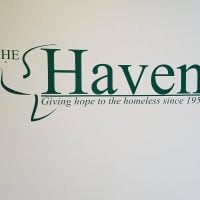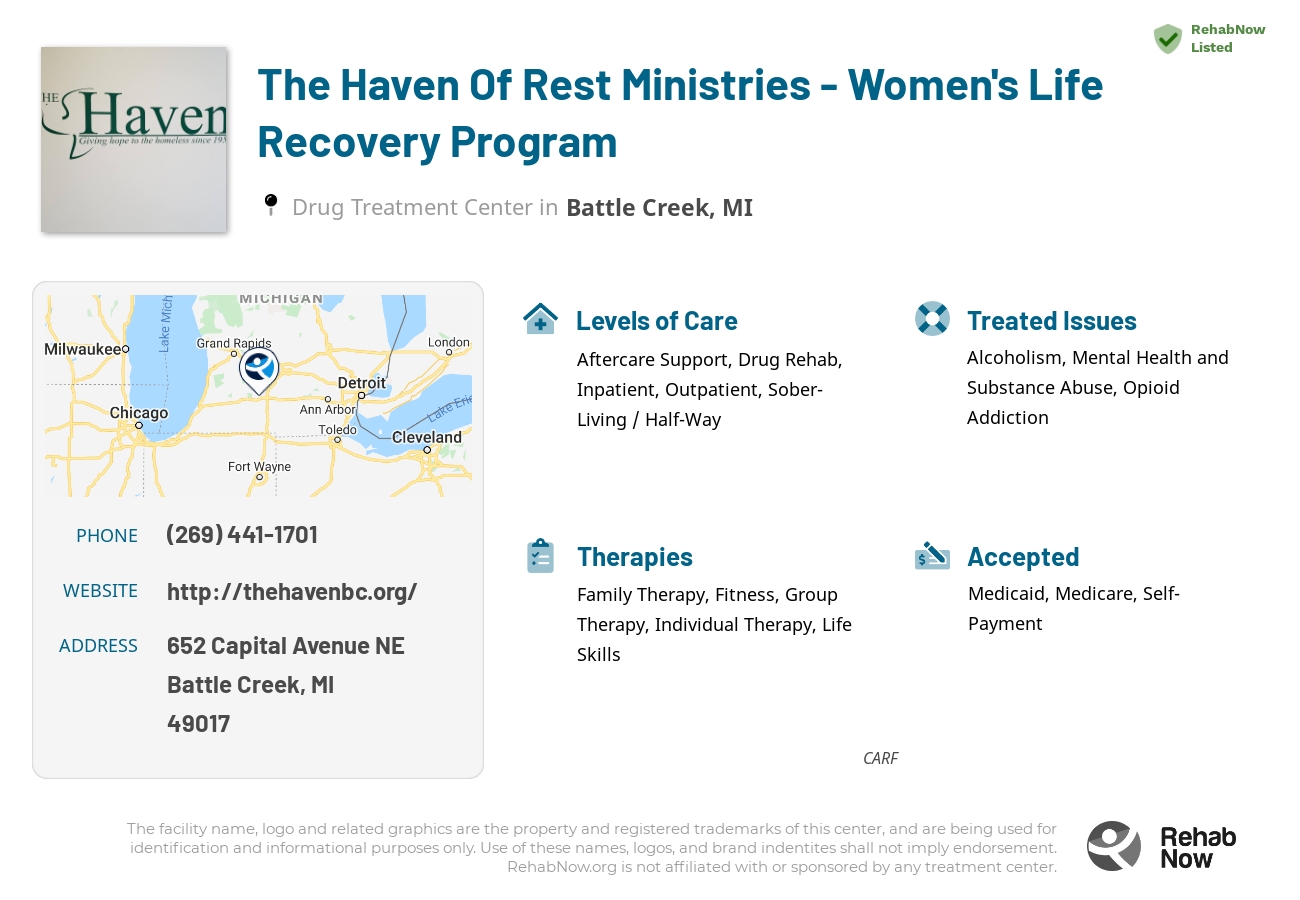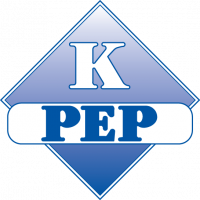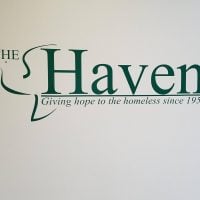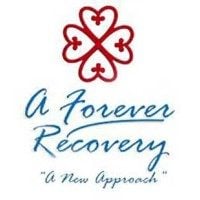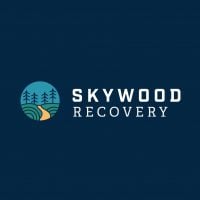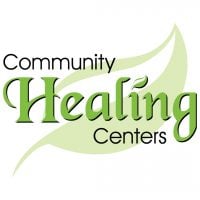The Haven Of Rest Ministries - Women's Life Recovery Program
Drug Rehab Center in Battle Creek, Michigan
The Haven Of Rest Ministries is an accredited non-profit organization in Battle Creek, Michigan that specializes in providing evidence-based treatment programs for individuals struggling with alcohol abuse, dual diagnosis, opioid addiction, mental health issues, life skills, women's issues, parenting, emotional disturbance, intellectual disability, and spirituality.
About The Haven Of Rest Ministries - Women's Life Recovery Program in Michigan
Located in Battle Creek, MI, The Haven Of Rest Ministries Women's Life Recovery Program is a beacon of hope for individuals battling substance, drug, and alcohol abuse. This non-profit organization stands out for its comprehensive approach to tackling mental health and addiction issues, grounded in Christian beliefs and dedicated to helping clients achieve social self-sufficiency.
Accredited by CARF, The Haven underscores its commitment to delivering the highest quality of care. It originally focused on serving homeless men with meals, shelter, and gospel messages but has since expanded its services to address the complex needs of those struggling with addiction and mental health challenges.
- Comprehensive Care: Offers a wide range of services from aftercare support to residential treatment, tailored to individual recovery journeys.
- Diverse Treatment Modalities: Utilizes evidence-based methods including family therapy, group sessions, and life skills training, ensuring a holistic recovery experience.
- Faith-Based Support: Integrates Christian values to provide spiritual healing along with physical and emotional recovery.
The program targets a variety of issues including alcoholism, opioid addiction, dual diagnosis, and mental health problems. Treatment methods span from in-depth individual therapy to practical life coaching and residential care, aiming to equip clients with the skills and resilience for sustainable sobriety.
Genders
Ages
Modality
Additional
Accreditations

CARF
The Commission on Accreditation of Rehabilitation Facilities (CARF) is a non-profit organization that specifically accredits rehab organizations. Founded in 1966, CARF's, mission is to help service providers like rehab facilities maintain high standards of care.
Conditions and Issues Treated
Opioid addiction is when someone becomes addicted to opioids. This can happen quickly due to any opioid use. Opioid withdrawal can be uncomfortable and lead the user to continue using even if they want to quit. It’s best to receive inpatient treatment for detoxification.
Even if a person doesn’t need inpatient treatment, it’s recommended to start rehabilitation or at least some kind of outpatient treatment. This is because the withdrawal symptoms from opioids can be uncomfortable and unpleasant, to the point that a person could end up using again or worse.
Detoxification should be done to break the physical addiction of opioids. This can be done with opioid replacement therapy, medication-assisted therapy, or a more traditional detoxification program. Intensive outpatient treatment is a form of addiction care that allows patients to continue living at home while undergoing treatment. This type of care is appropriate for patients who have been treated in residential treatment programs. Intensive outpatient programs include regular visits to the facility providing therapy, and patients gradually return to their routine life. IOP benefits most when patients have a supportive family member or friend to help them recover.
The first step to getting into an intensive outpatient program is to attend a detoxification facility. Detoxification facilities are designed to remove substances from the body safely. The patient will attend sessions designed to help them understand their addiction and its impact on their lives. While in an intensive outpatient program, therapy sessions are scheduled three to five times per week, with the patient attending no more than two sessions in one day.
Levels of Care Offered
This center offers a variety of custom treatment tailored to individual recovery. Currently available are Aftercare Support, Drug Rehab, Inpatient, Outpatient, Residential, Sober-Living / Half-Way, with additional therapies available as listed below.
Inpatient facilities offer a complete rehab program where the patient stays for an extended period. This allows the staff to monitor the patient on a round-the-clock basis and provide medical assistance if needed.
A significant benefit of inpatient rehab is that it allows for a safe environment for treatment. The patient doesn’t have access to drugs or alcohol, and they’re surrounded by people that want them to succeed and change their lives. Treatment starts with detox and behavioral therapy, followed by group therapy and family involvement.
Outpatient treatment consists of counseling and therapy sessions. The outpatient treatment process begins with the addict’s initial detox period, lasting about ten days. Outpatient treatment is used for those who are at moderate risk for “slipping back” into the addiction. It is also used for those who are not currently experiencing any side effects from withdrawal, can handle social pressure, have a stable living environment, and have a good support system.
Sober living homes are transitional houses for recovering addicts who need more structure than they would receive in an aftercare program. Specific rules and regulations are enforced in these homes, which are beneficial for people who need a greater degree of structure than other types of treatment.
Sober living home options include:
- Live-in managers – might be beneficial to people who do not have a support system in place at home, or who experience high levels of stress between work and home life.
- House managers – House managers are beneficial for people who do not have a strong social network to rely on, or who are concerned about relapse in their daily lives.
- House parents – House parents are beneficial to people who reside in areas without a strong aftercare program for support.
Residential treatment programs are those that offer housing and meals in addition to substance abuse treatment. Rehab facilities that offer residential treatment allow patients to focus solely on recovery, in an environment totally separate from their lives. Some rehab centers specialize in short-term residential treatment (a few days to a week or two), while others solely provide treatment on a long-term basis (several weeks to months). Some offer both, and tailor treatment to the patient’s individual requirements.
Aftercare support is often overlooked in the treatment of drug and alcohol addiction. However, it’s an essential part and should be considered when planning a course of rehab.
Aftercare is a term that’s used to refer to any sort of continuing care offered for a drug addict who has voluntarily entered a rehabilitation program. This type of care can be provided in several settings, including outpatient therapy sessions after the addict has completed an inpatient program. There are also 12-step support groups, such as Alcoholics Anonymous, which can provide additional help for addicts trying to stay sober.
Aftercare is vital because addicts often face many challenges as they attempt to recover from drug addiction or alcoholism. Because of the powerful nature of these addictions, those who struggle with a drug or alcohol problem will likely have to face the craving for their substance of choice for the rest of their lives. Recovering can be a lonely and frustrating endeavor, especially without the support of others who are going through similar situations.
Therapies & Programs
Individual Therapy is a crucial component of addiction recovery. Therapists work with patients to identify the root of their addiction and figure out how to better handle the issues that led to them using drugs. Individual Therapy is one on one sessions where people meet with their therapist. Individual therapy provides a safe space for people to open up and discuss personal and sensitive topics which they may not feel comfortable discussing in a group setting.
In this type of therapy, therapists can develop specific solutions for each patient, which helps speed up their recovery process. In addiction recovery, therapy is a crucial part. It allows patients to go deep into their core issues and discover how those problems can be better handled now. Therapy can be performed in individual sessions as well as group settings. In individual therapy for addiction, the patient meets with the therapist one-on-one to focus on the underlying issues of addiction and come up with solutions to prevent future abuse.
Family therapy is a crucial part of drug treatment and getting sober. It is one of the most effective ways to help addicts stay on the path to long-term sobriety. One of the most important parts of family therapy is the relapse prevention plan. During treatment, therapists and doctors will often sit down with the addict and their family to develop a plan if the addict ever feels like they want to use again. This plan should involve steps the addict and family can take together to prevent them from relapsing in the future.
An addict’s family can play a vital part in helping them to avoid relapse because they can spot the warning signs and help them get back on track before it becomes too much of a problem. Family therapy is one of the most effective ways to help addicts stay on the path to long-term sobriety.
Group Therapy is employed by drug treatment centers like The Haven Of Rest Ministries - Women's Life Recovery Program to provide the recovering addict with a platform to talk about their feelings and experiences. It also provides for an opportunity to learn from other addicts who have successfully overcome their addiction. It is recommended that all group members be recovering addicts for this type of therapy to work.
Life Skills Services provide services aimed at helping people enter into and maintain long-term sobriety. The services are offered at varying levels of intensity, specific to the needs and requirements of each patient. Some benefits of these services are restoring hope and empowerment, enhancing family involvement, increasing patient compliance, and reducing relapse rates.
Training someone on improved life skills allows someone recovering from an addiction to feel more capable of taking care of him or herself. The skills taught in The Haven Of Rest Ministries - Women's Life Recovery Program are daily skills that give a better recovery foundation by simply giving the person tools they need to survive.
Patient Experience
Fitness Therapy
Fitness therapy is beneficial in drug treatment programs as it provides an alternate coping mechanism for stress and a new outlook on life. It is especially useful for those who were formerly involved in organized sports. Additional benefits of fitness therapy are enhanced physical appearance, an improved body image, and socialization with like-minded individuals.
Payment Options Accepted
For specific insurance or payment methods please contact us.
The Haven Of Rest Ministries Associated Centers
Discover treatment facilities under the same provider.
Learn More About The Haven Of Rest Ministries Centers
Additional Details
Specifics, location, and helpful extra information.
Battle Creek, Michigan 49017 Phone Number(269) 441-1701 Meta DetailsUpdated April 15, 2024
Staff Verified
The Haven Of Rest Ministries - Women's Life Recovery Program Patient Reviews
There are no reviews yet. Be the first one to write one.
Battle Creek, Michigan Addiction Information
Michigan has the second-highest rate of drug and alcohol abuse in the nation. Heroin is linked to more than 50% of the state's hepatitis C cases. Marijuana is the drug most often associated with crimes in Michigan, followed by methamphetamines. Opioids alone are responsible for almost 20% of all drug overdose deaths in Michigan.
Battle Creek, Michigan has one of the highest rates of drug-related deaths in the state. This is likely due to the high levels of opioid abuse in the area. The National Institute on Drug Abuse says 5.3% of Battle Creek residents used illicit drugs in the past month. In Battle Creek, there are numerous inpatient and outpatient programs to choose from. The treatment process usually begins with detox.
Treatment in Nearby Cities
- Clarkston, MI (93.0 mi.)
- Chelsea, MI (58.2 mi.)
- Jonesville, MI (34.8 mi.)
- Pigeon, MI (141.1 mi.)
- Imlay City, MI (116.3 mi.)
Centers near The Haven Of Rest Ministries - Women's Life Recovery Program
The facility name, logo and brand are the property and registered trademarks of The Haven Of Rest Ministries - Women's Life Recovery Program, and are being used for identification and informational purposes only. Use of these names, logos and brands shall not imply endorsement. RehabNow.org is not affiliated with or sponsored by The Haven Of Rest Ministries - Women's Life Recovery Program.
